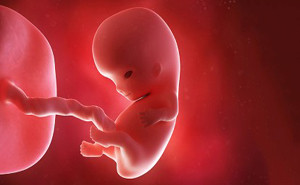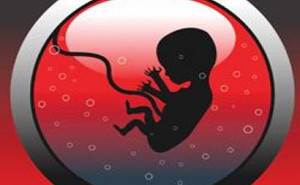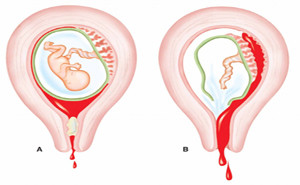Featured
Key Information:
Progesterone is essential for the maintenance
of a healthy pregnancy. Progesterone is frequently prescribed to patients
presenting with per vaginal (PV) bleeding in early pregnancy and a history of
recurrent pregnancy loss.
Any defect in the secretion of
human chorionic gonadotropin or progesterone is associated with...
The Journal of Obstetric and Gynecological Research:
Miscarriage is the most common
cause of early pregnancy loss in the first 24 weeks and one of the most common
complications in early pregnancy. An estimated 15% to 20% of pregnancies will
end in a miscarriage, with 25% of women experiencing a miscarriage in their
lifetime. Women can b...
The British Medical Journal (BMJ):
Increasing
evidence suggests that reproductive factors unique to women are associated with
a greater risk of death from non-communicable diseases. Even if reproductive
events do not increase the risk of death from non-communicable diseases, they
could be useful as an early stress test of underlying risk...
Successful oocyte implantation and
a favorable pregnancy outcome rely on optimal progesterone levels. Therefore,
progesterone deficiencies associated with infertility and miscarriages have
commonly been treated with progestogens that mimic the activity of
progesterone.
Among those is dydrogesterone, an
oral retrosteroid with a structur...
Progesterone maintains pregnancy by
enhancing uterine quiescence. During early pregnancy, the syncytiotrophoblast
secretes human chorionic gonadotropin (hCG), which stimulates progesterone
production in the corpus luteum by preventing regression of this tissue.
Low serum hCG or progesterone
levels may predict first trimester abortions....




